Zachary Rolfe stood trial in-part due to expert evidence in $100K report, documents reveal
Zachary Rolfe was committed to stand trial based in-part on the expert evidence of a Crown witness paid almost $100,000 to produce a 12-page report.
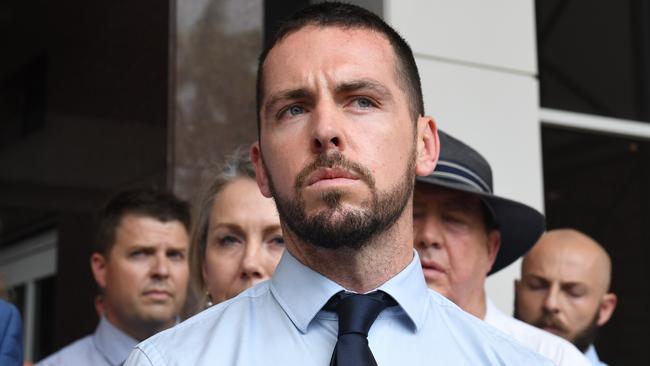
Constable Zachary Rolfe was committed to stand trial in the Northern Territory Supreme Court based in-part on the expert evidence of a Crown witness paid almost $100,000 to produce a 12-page report supporting its murder charge.
The Australian can now reveal the reasons Judge John Birch provided when committing Constable Rolfe to stand trial over the shooting death of Indigenous man Kumanjayi Walker after the lifting of a suppression order.
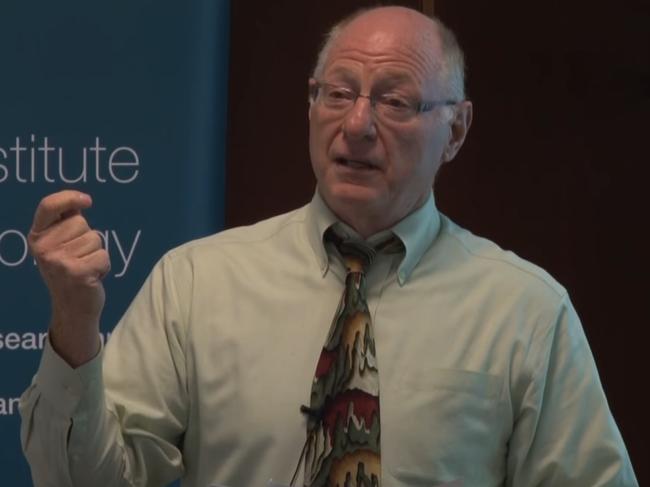
Following a three-day committal hearing at Alice Springs in September 2020 Judge Birch said the matter would proceed to trial based in-part on the evidence of the prosecution’s subject matter expert Geoffrey Alpert who was later dropped from the case.
This comes after The Australian on Monday revealed that the NT Police had awarded a contract worth almost $100,000 to the American criminologist to provide a 12-page report about whether the second and third shots fired by Constable Rolfe were legally justified.
Emails obtained by The Australian also revealed Professor Alpert repeatedly altered his report following discussions with detectives investigating Walker’s fatal shooting at the remote outback community of Yuendumu on November 9, 2019.
When delivering his decision to commit the case to trial, Judge Birch specifically referenced the evidence of Professor Alpert and NT Police use-of-force expert Detective Senior Sergeant Andrew Barram.
Judge Birch also acknowledged that all of the police witnesses had testified that their training had dictated the appropriate response when confronted with an edged weapon was to draw their firearm.
Det-Sgt Barram had told the court during committal that police training involved options including firing two shots in rapid succession – a double tap – and firing continuously until the threat had ceased.
“Detective Sergeant Barram’s evidence is that the first shot discharged by the defendant was justified in the circumstances,” Judge Birch said in his ruling which was, at the time, prohibited from publication.
“The shots fired by the defendant did not incapacitate the deceased’s right arm, which is not visible on the body-worn video, but is more likely than not pinned under the deceased’s body.”
Professor Alpert, from the University of South Carolina, gave evidence via video link at Constable Rolfe’s committal that the first shot the young cop fired was justified, but that the second and third shots were not.
“If the first and second shots were fired as a double-tap, he (Prof Alpert) would accept that as a reasonable response in the circumstances,” Judge Birch said.
“Therefore, it’s been submitted the defendant did nothing other than comply with the training given to him by the Northern Territory Police Force.”
However, Crown Prosecutor Philip Strickland SC argued that it was an essential part of Constable Rolfe’s training to reassess the need for further lethal force after the first shot was fired.
“I accept the submission is open for a jury to find there were several options available to the defendant, other than shots two and three,” Judge Birch said.
“Detective Sergeant Barram and Dr Alpert detailed those.
“Dr Alpert would accept if two shots were fired as a double-tap at the time the deceased was standing and the defendant was stabbed, he would (support) those discharges.”
Constable Rolfe fired shots two and three after his Immediate Response Team partner Adam Eberl wrestled Walker to the ground.
“Dr Alpert clearly differentiates between the first shot and the second and third shots,” Judge Birch said.
“Based on Dr Alpert’s evidence, I am not prepared to reject his opinion and I am not satisfied a jury, properly instructed, would do so either.
“Similarly, Detective Sergeant Barram’s evidence is reliable on the issue and I’m not satisfied to reject it.
“The jury is also able to accept his view in relation to those shots, police training and a number of other matters in which he gave evidence on.”
In making his decision, Judge Birch also considered the professor’s evidence about the police body-worn video footage of the shooting.
“I do accept the submission that the body-worn video must be considered in real time, but noting the evidence of Dr McIntosh and Dr Alpert, it doesn’t lose its relevance when viewed frame by frame, despite its shortcomings identified by those experts,” he concluded.
But without explanation, the prosecution dropped Professor Alpert before Constable Rolfe’s trial started and relied primarily on the expertise of Det-Sgt Barram to execute its case.
Constable Rolfe was last month found not guilty of murder and the back-up charges of manslaughter and engaging in a violent act causing death.
A fortnight ago the NT’s Independent Commissioner Against Corruption Michael Riches announced an investigation into “allegations of improper conduct” related to Constable Rolfe being charged with murder just four days after the shooting.
Prior to this NT Chief Minister Michael Gunner said he did not believe an independent inquiry was necessary because the case had been subjected to a committal hearing before Constable Rolfe stood trial.
“Police have a process to make sure that their investigation stacks up, then the prosecution also has a responsibility to only take anything forward that they think has a reasonable chance at success,” he said.
“And then there’s a stage again at the courts where a case has to genuinely stack up.”
He subsequently issued a statement saying that he “fully supports” the ICAC decision to investigate the process that led to Const Rolfe being charged.
Constable Rolfe’s defence barrister David Edwardson QC said he was “relieved” about the ICAC’s decision to investigate.
“In my view it is warranted and appropriate,” he said.
“Hopefully the question of whether there was or wasn’t political interference will now be resolved one way or the other.”

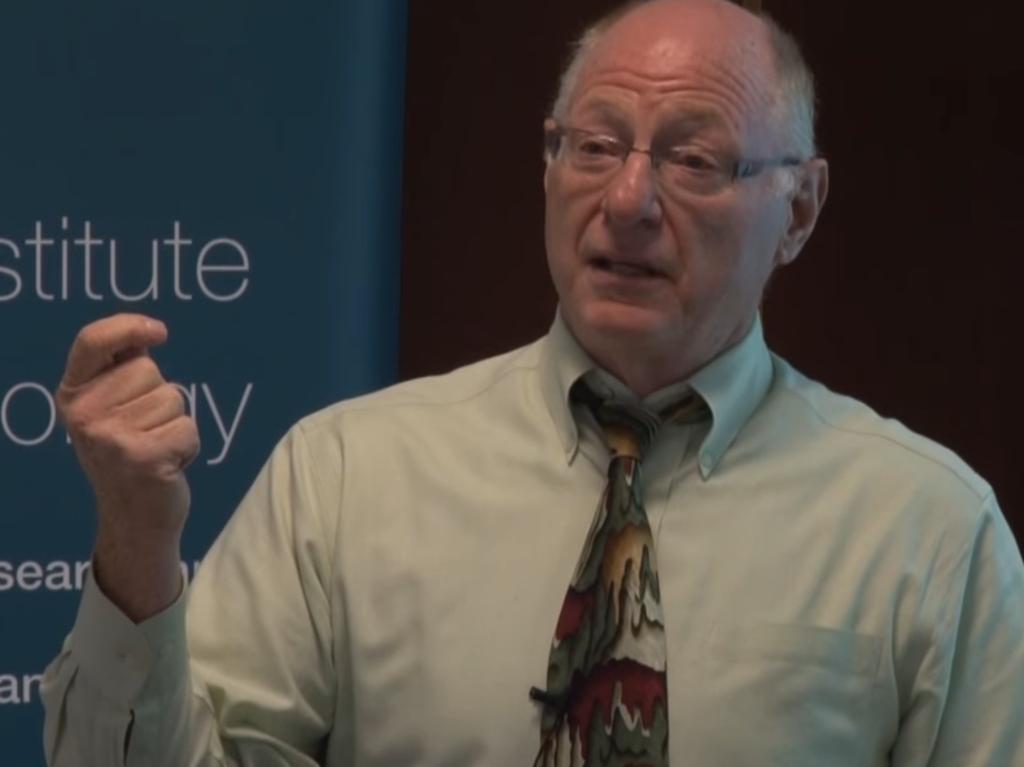
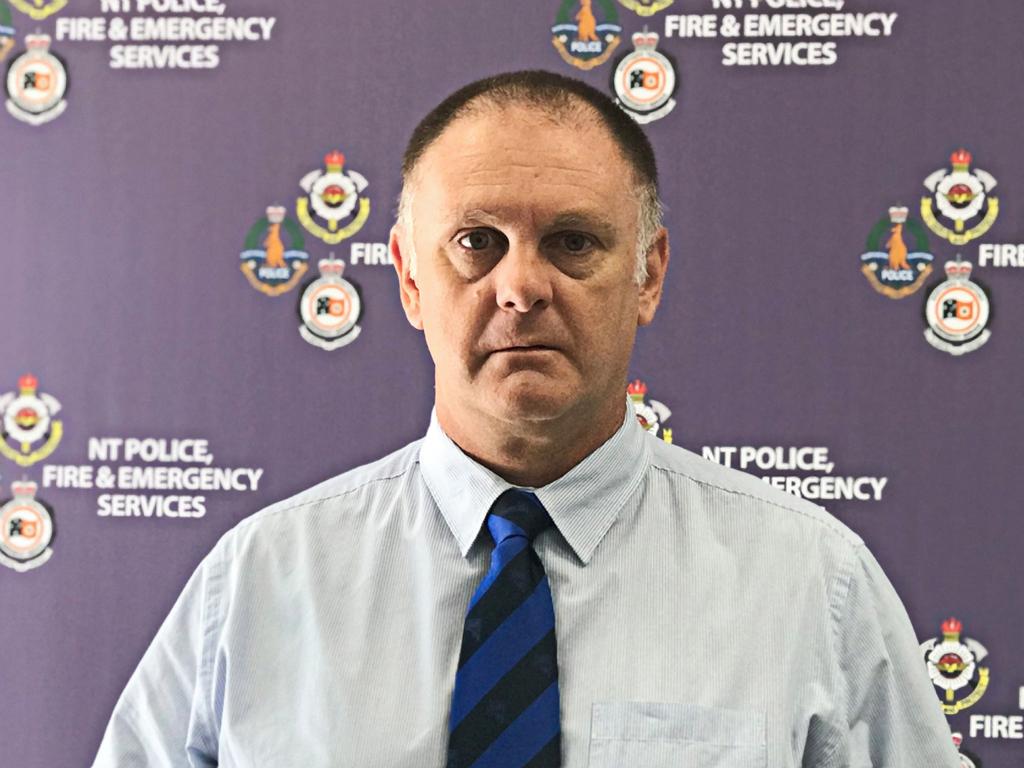
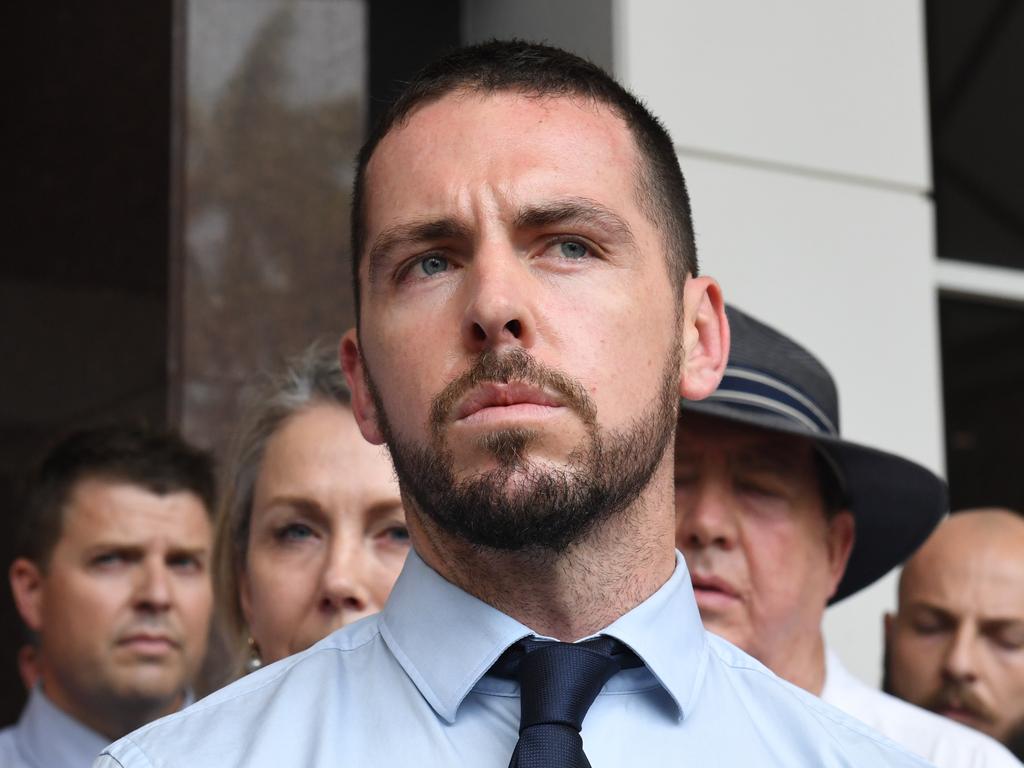
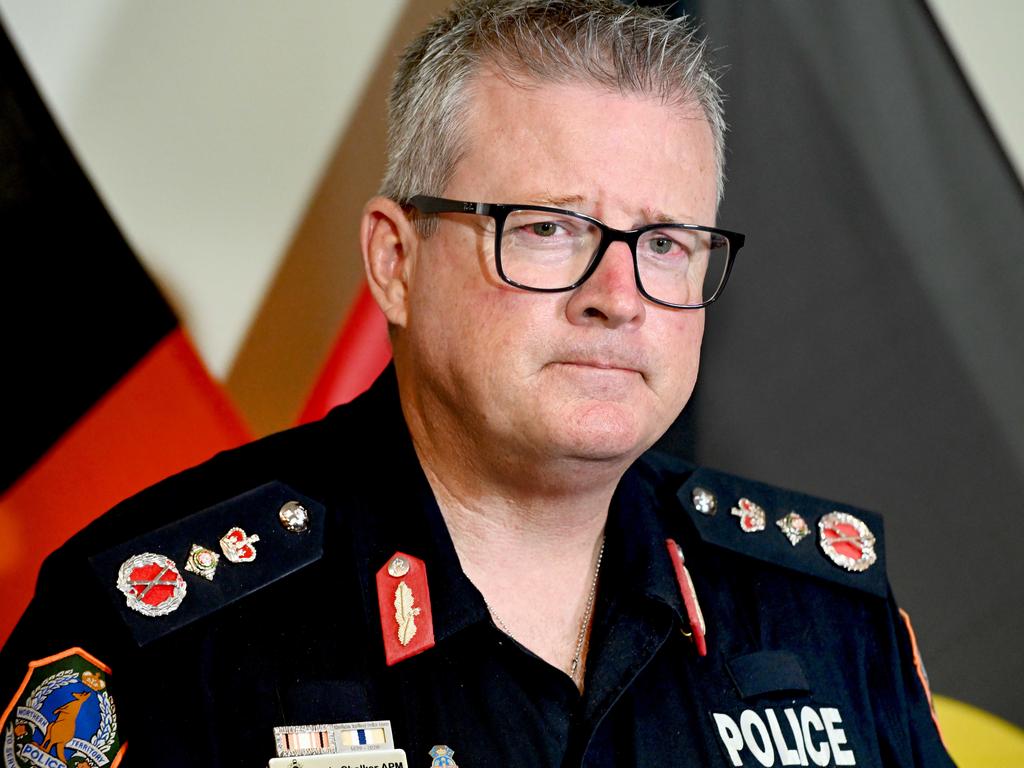


To join the conversation, please log in. Don't have an account? Register
Join the conversation, you are commenting as Logout